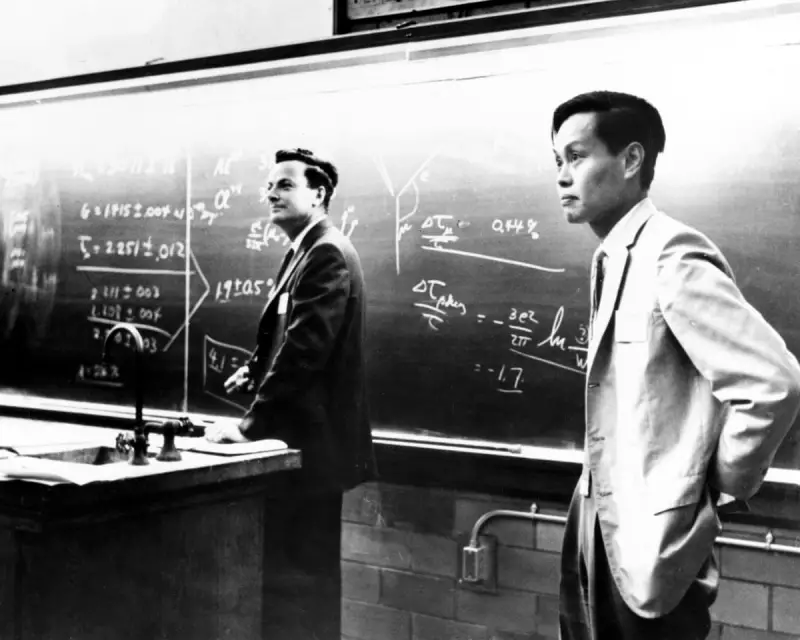
The world of science has lost one of its brightest stars with the passing of Professor Chen Ning Yang, whose groundbreaking work in particle physics earned him the Nobel Prize and forever changed our understanding of the universe's fundamental laws.
A Revolutionary Mind in Physics
Born in China in 1922, Yang's intellectual journey would take him across continents, eventually leading to his most famous collaboration with fellow physicist Tsung-Dao Lee. Their daring challenge to one of physics' most sacred principles - parity conservation - would rewrite scientific textbooks and earn them the 1957 Nobel Prize in Physics when Yang was just 35 years old.
The Discovery That Shook Physics
For decades, physicists had accepted parity symmetry - the idea that the laws of physics are mirror-symmetric - as an unbreakable law of nature. Yang and Lee's revolutionary insight demonstrated that this fundamental symmetry didn't hold for the weak nuclear force, one of the universe's four fundamental forces.
The implications were profound:
- Overturned decades of established scientific belief
- Revealed nature's inherent left-handed preference at subatomic levels
- Opened new pathways for understanding particle behaviour
- Paved the way for future discoveries in particle physics
A Life Bridging East and West
Yang's career spanned both Chinese and American academic institutions, making him a crucial bridge between scientific communities during politically turbulent times. His work at the Institute for Advanced Study in Princeton and later at Stony Brook University established him as one of theoretical physics' most influential figures.
Enduring Scientific Legacy
Beyond his Nobel-winning work, Yang made substantial contributions to statistical mechanics and quantum field theory. The Yang-Mills theory, developed with Robert Mills, became a cornerstone of the Standard Model of particle physics, providing the mathematical framework that underpins our understanding of fundamental particles and forces.
His legacy extends far beyond his research papers. Yang inspired generations of physicists through his teaching and mentorship, always emphasising the importance of asking fundamental questions and challenging established wisdom.
A Complex Political Journey
Yang's life reflected the complexities of 20th-century geopolitics. After renouncing his US citizenship in 2015, he returned to China, becoming a significant figure in the country's scientific development. This decision, while controversial to some, demonstrated his commitment to fostering scientific excellence in his homeland during his later years.
The passing of Chen Ning Yang marks the end of an era in theoretical physics, but his revolutionary insights continue to shape how scientists understand the very fabric of our universe.





